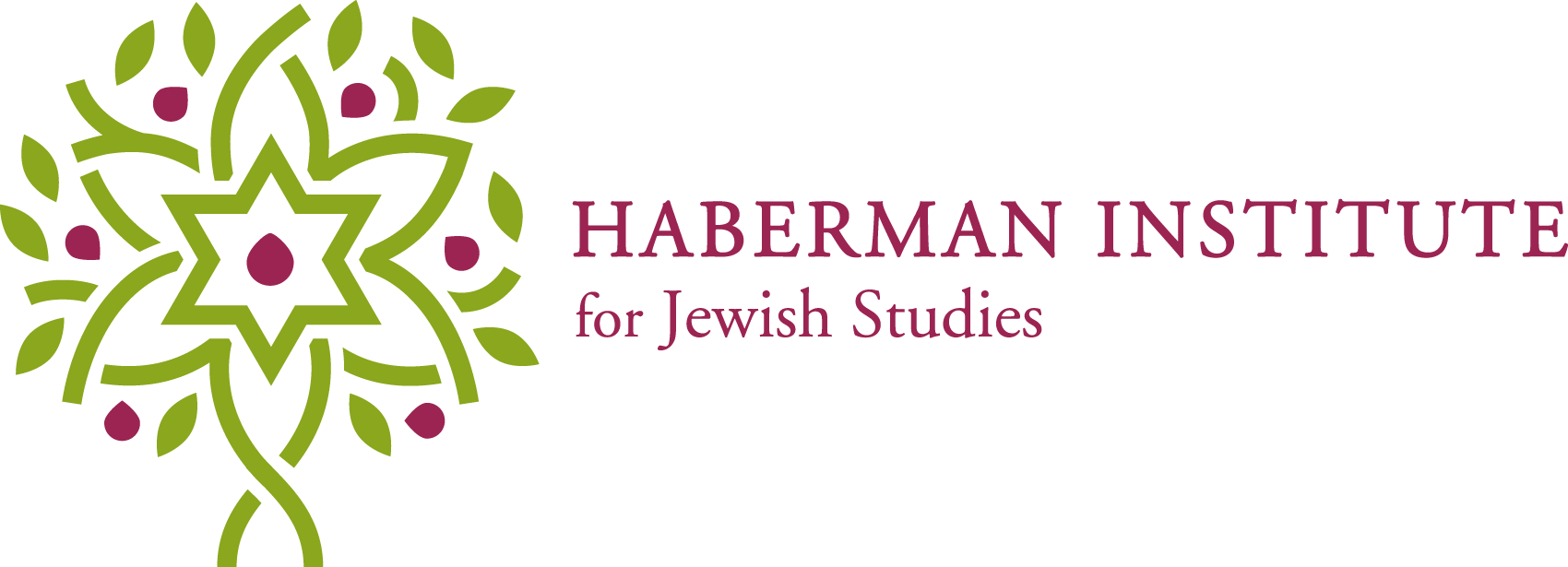Three-Part Series (December 2, 9, 16)
Presented by Rachel Korazim
Israeli Scholar and Educator
Just like all Jewish text study, Modern Israeli literature is created layer on top of layer. When addressing contemporary poetry or prose, we can often see allusions to the "Founding Fathers and Mothers" of Hebrew literature.
This series of sessions looks back at the great ones of the twentieth century who were path blazers as well as companions of the revival of the Jewish people. Their poetry, foresaw, encouraged, criticized and glorified as needed the humble beginnings of what was yet to become the state of Israel.
You can now watch the recording of all three sessions in our Program Archive here.
December 9:
Shaul Tchernichowsky , the other National Poet (1875-1943)
Shaul Tchernichowsky is often seen as second to Bialik, however his work has a world of its own. Raised in a much less traditional home, he discovers world literature and art and will include their influences in his poetry. We will follow the development of his art through the different phases of his life in Russia, Germany and the Land of Israel.
"I Believe" – a poem glorifying the spirit of man, "They Say there is a Land" a poem Tchernichowsky had composed twice, to suit his changing moods, "See oh Land" one of Israel's earliest poems of lamenting loss at war and " Ein Dor" Tschernichovsky’s eulogy for his namesake the Biblical king Saul, will be our stepping stones to get to know (or be reminded of) this great poet.
December 2:
Bialik, the National Poet
H. N. Bialik (1873- 1934) is often related to as Israel’s national poet. Looking at his basic biographical information, it is clear he was not born in Israel, he had only lived there for about ten years. He had died before the Holocaust and of course, never saw the birth of the state of Israel. How can one be Israel’s national poet without having been witness or part of the major events of its creation?
The session will address this question through the reading of four of Bialik’s poems: To the Bird, Alone, the City of Slaughter, and Shabbat the Queen. Through these poems we will explore the notions of: Longing, painful separation from earlier traditions, critique and innovation that have become the building blocks of modern Zionism.
December 16: Rachel
Rachel’s poetry dates back to the 1920s. The years of pre-state Zionist pioneers. Her poems record national and even more so, personnel hardships combined with deep love and commitment to the endeavor, she and her comrades took upon themselves. As we read “Oh My Land” next to her “To My Land” written barely a year apart we will be able to see how different feelings and truths can coexist in one heart at the same time. Many of her poems were set to music and became well known and loved Israeli songs. At an age when poetry was seen as the territory of male voice Rachel’s poetry gives voice to women voices, rarely heard.
Thank you to our generous program sponsors for helping bring this series to our community! Elaine Amir, Bill Halpern and Naomi Weiss, and Rabbi Jack Luxemburg and Barabara Etkind
Dr. Rachel Korazim is a Jewish education consultant in curriculum development for Israel and Holocaust education. Rachel opens for her audiences a window to Israeli society through literature; through stories, poems, and songs of the best of Israel’s writers, she invites listeners to engage with Israel in an innovative way.
Since the beginning of the Covid 19 pandemic, Rachel created a global community of hundreds of learners who meet to study Israeli poetry online regularly –
Rachel teaches at Israel’s well-known learning centers such as Pardes and the Shalom Hartman Institutes as well as numerous world Jewish communities.
In her free time, Rachel enjoys scuba diving in the cenotes of Playa del Carmen in Mexico and the amazing coral sites of the Red Sea. She is also a very active grandmother of eight grandchildren who all live in Israel.
We extend a special thank you to Andrew R. Ammerman for sponsoring our 2025 program lineup. He dedicates the semester’s learning in loving memory of Josephine and H. Max Ammerman and Stephen C.


